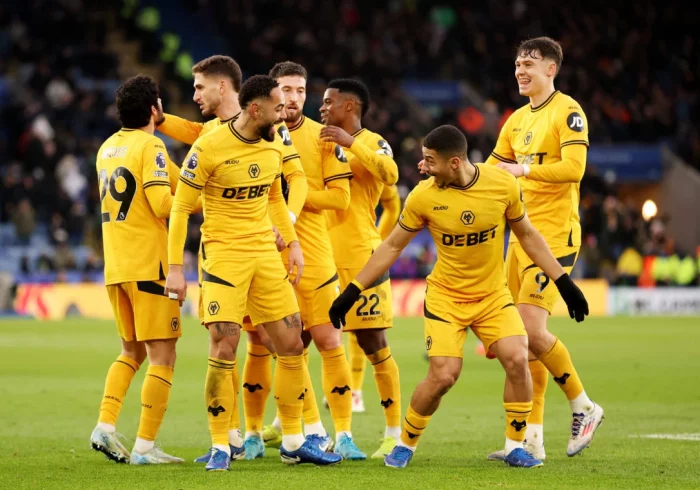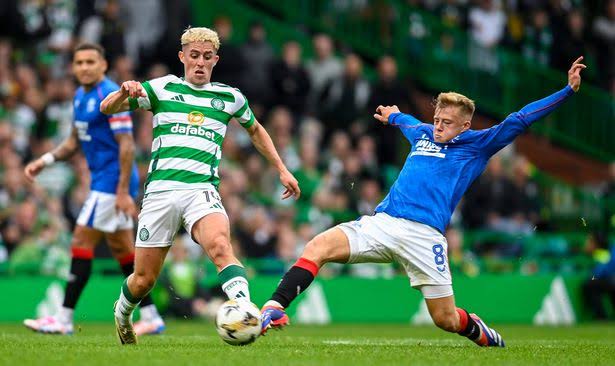Keith Hackett has strongly criticized the recent accusation against David Coote, which has embroiled Leeds United in controversy. According to The Sun, Coote allegedly discussed giving Ezgjan Alioski a yellow card before Leeds’ match with West Brom in 2019. Coote has denied any wrongdoing, but the Football Association is investigating the matter, adding to the string of controversies involving the official.

Former FIFA official Hackett expressed his disappointment at the situation, emphasizing the need for the PGMOL to ensure Coote’s well-being and conducting a thorough investigation. Hackett highlighted that a referee’s duty is to maintain a fair game, free from predetermined decisions or biases. He expressed concern over the impact of these allegations on Coote’s career and the reputation of referees in general.
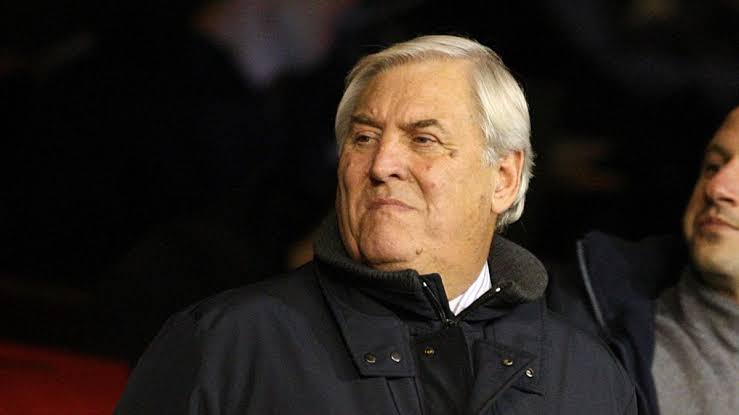
It is evident that Coote’s alleged actions are unacceptable, and fans may question other decisions made during that match. These incidents only add to the negative perception of referees in England. Hackett stressed the importance of supporting Coote during this challenging time and hoped that this controversy would be the last in a series of troubling incidents.
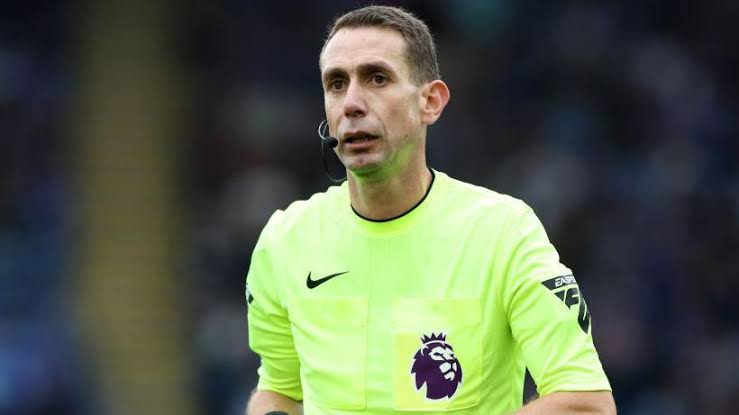
In light of these allegations, the integrity of football officiating has come into question. The role of a referee is crucial in ensuring fair play and upholding the rules of the game. Any hint of preconceived decisions or biases can undermine the credibility of the sport and erode trust in match officials.
Furthermore, the involvement of popular teams like Leeds United and West Brom in this controversy has only heightened public interest and scrutiny. Fans and stakeholders alike are eager to see how this situation unfolds and what implications it may have for the future of refereeing in football.
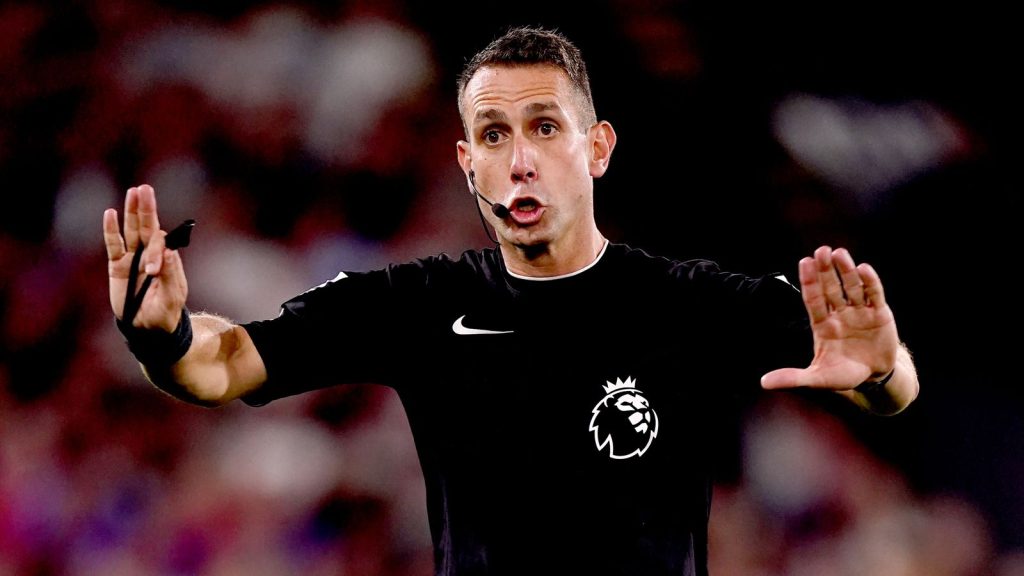
As the investigation progresses, it is essential for transparency and accountability to remain at the forefront. Referees, like players, are expected to uphold the highest standards of conduct and professionalism. The outcome of this case will undoubtedly have far-reaching implications for the sport and those involved in officiating matches.
Ultimately, the hope is that lessons will be learned from this incident and steps will be taken to prevent similar controversies in the future. The reputation of football, its officials, and the integrity of the game itself are at stake, and it is imperative that swift and decisive action is taken to address any breaches of conduct or ethics. The future of football officiating depends on restoring trust and confidence in the system, ensuring that the focus remains on fair play and sportsmanship on the field.

